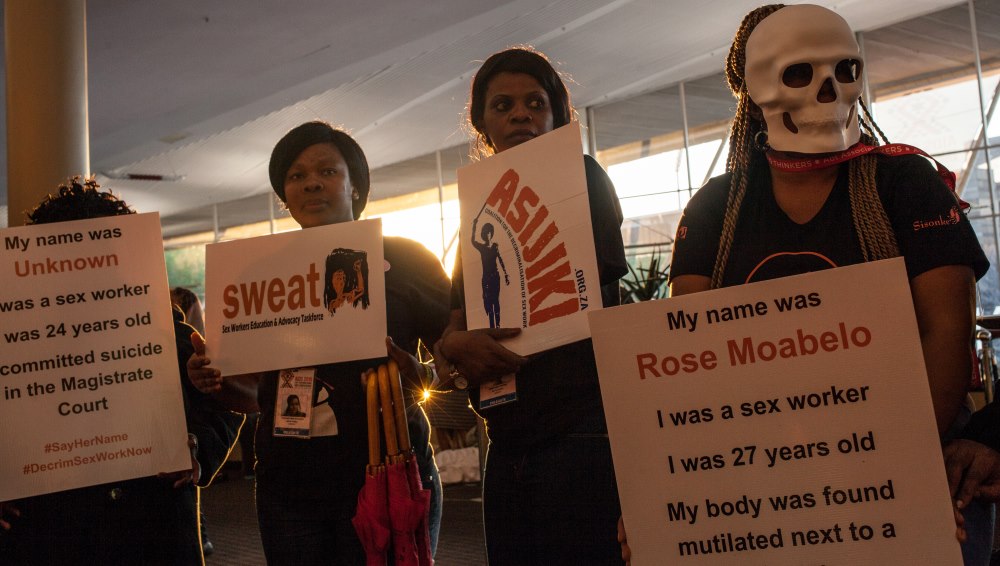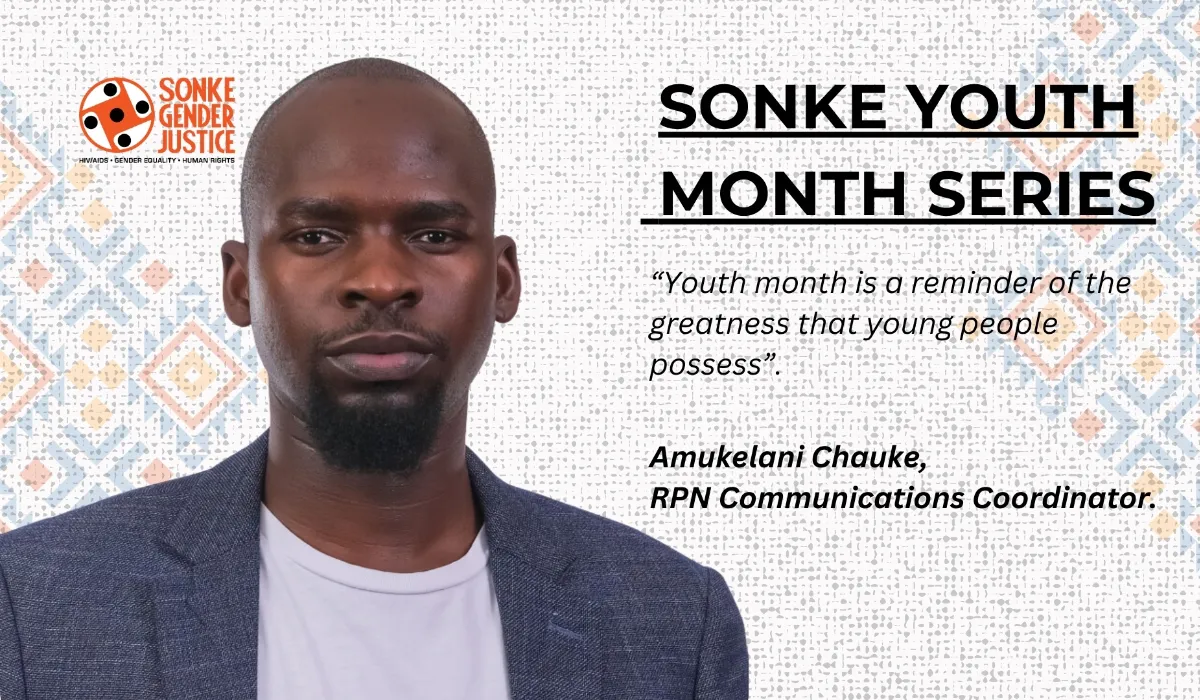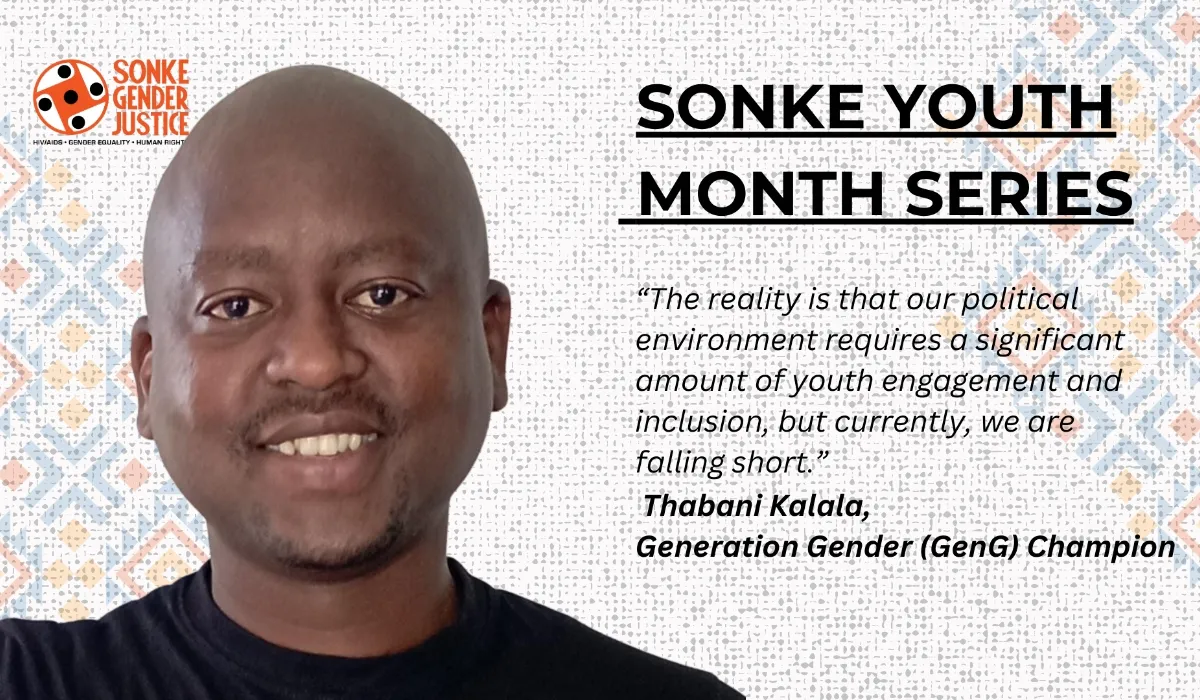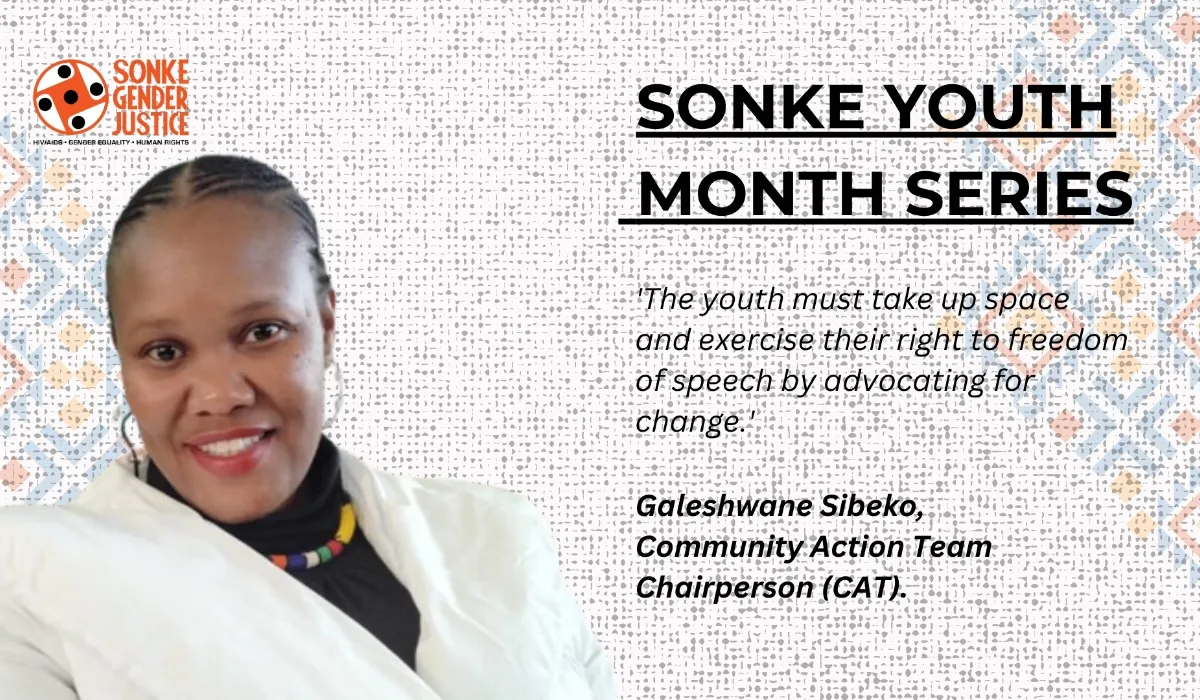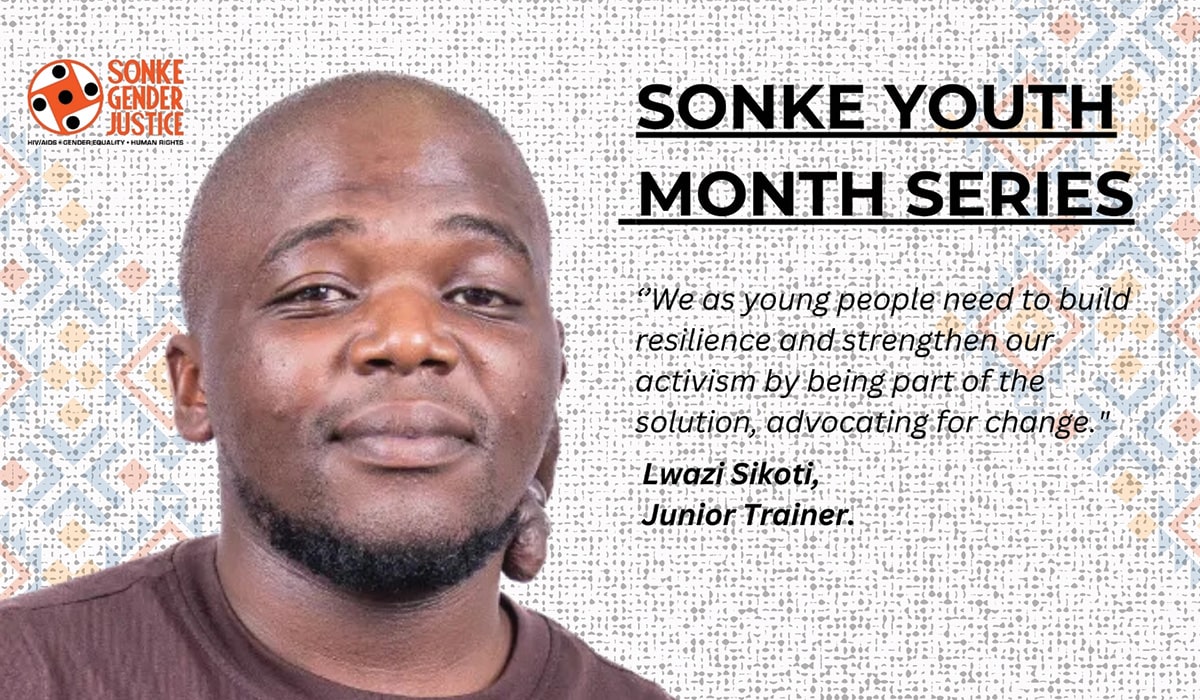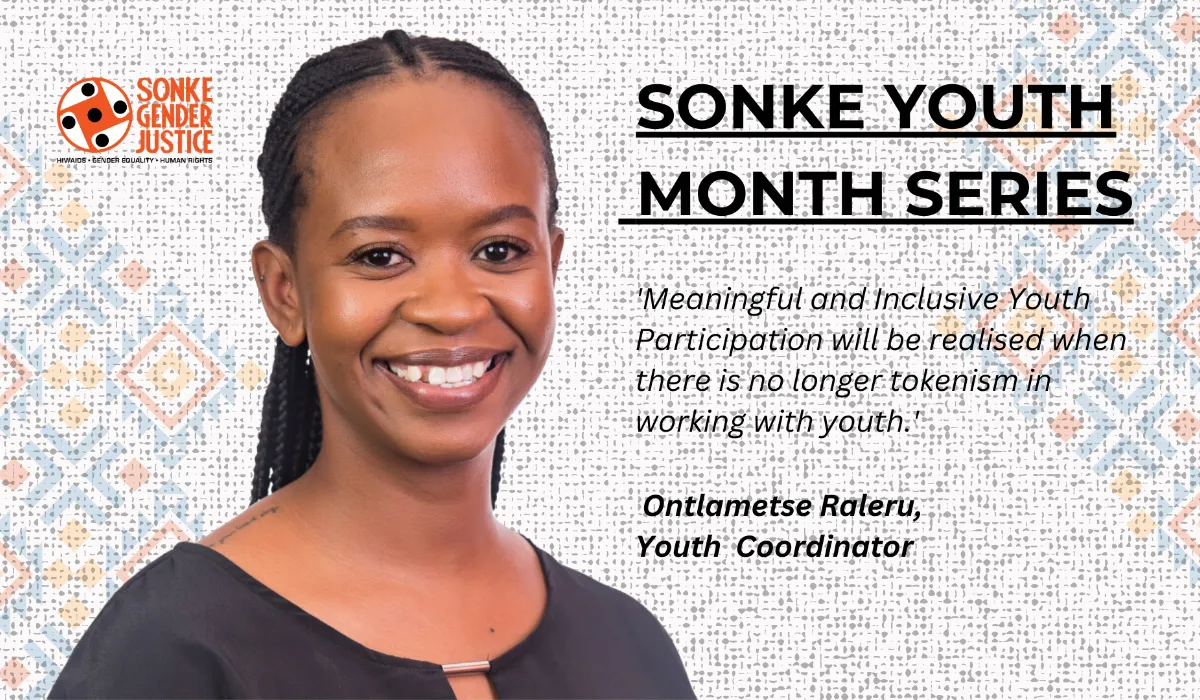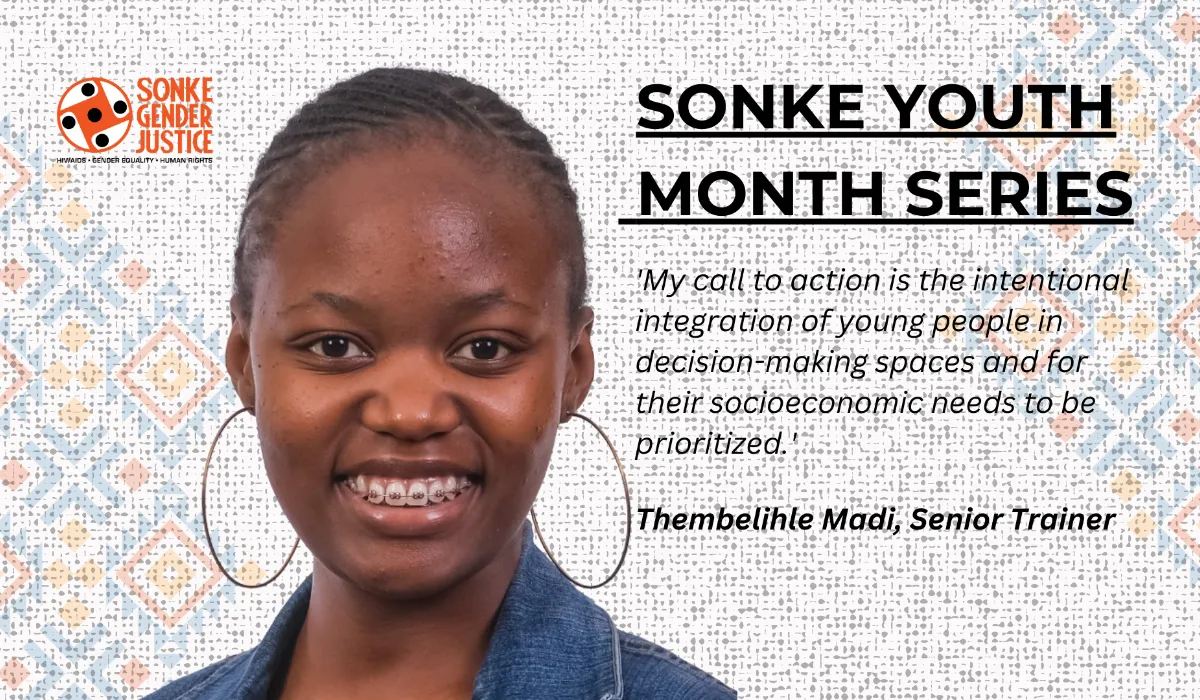As told to Zia Wasserman by Zoe Black
A couple of weeks ago, Zoe Black experienced first-hand the violence that all South Africans fear, but those who live in informal settlements are the most vulnerable to.
It was early on a Sunday morning – at the start of the international campaign of ‘16 Days of Activism for No Violence Against Women and Children’ – at about 5am, when Zoe was awakened by a sound. She opened her eyes to the reality of a strange man standing in her home. He had cut off her electricity, broken the chain to the front door, and was now holding her laptop. After years as a cross-border migrant entrepreneur in South Africa honing her streets smarts, Zoe was not going let this man invade her personal space and take her belongings without a fight. Unfortunately, her anger and tenacity was no match for his sharp knife. He stabbed her three times, ultimately leaving Zoe with a knife sticking out of her neck while he fled.
Zoe is a sex worker and activist living in Cape Town, South Africa. She is originally from Zimbabwe, and came to South Africa in search of a better life. Up until the incident, she considered Cape Town to be a safe place to live and work. She managed to have her wounds bandaged up at a local hospital, and is slowly recovering physically. But emotionally, she is in a state of numbed trauma, to the extent that she cannot go back to her house and cannot sleep. However, she keeps on working to provide for herself, and her extended family back home in Zimbabwe. Throughout our interview, she states repeatedly and unequivocally that she now “feels safer on the streets” than she does in her own home. This falls strangely on one’s ears.
South Africa’s crime rates are some of the highest in the world. According to 2015/2016 statistics, per day there were on average 51 murders, 142 sexual assaults, and 363 robberies with aggravating circumstances recorded. It is no wonder that Zoe, like many others, does not feel safe.
However, in the very violent and unequal context of South Africa, sex workers are even more vulnerable, and being a cross-border migrant piles up the risk in a country where xenophobia simmers constantly and ominously under the surface.Evidence suggests that sex workers experience violence on a wider scale than the general population. In particular, they bear a disproportionately large burden of murder, physical and sexual violence (by clients, police, and intimate partners), and HIV infection. Zoe’s vulnerability objectively speaking, is striking. But there is nothing in her as a person, in her activism and her commitment to social justice, that strikes one as her being a ‘victim’ or being powerless. Zoe is strength personified. But still the statement that she feels safer on the streets than at home, bothers. Why does she feel that?
One possible explanation is that sex workers are so acclimatized to violence, that they anticipate it and learn the warning signs in public spaces. Violence on the streets is normalized; it is part and parcel of a sex worker’s life and Zoe and her colleagues have developed a range of strategies to negotiate the risks of the streets. ‘Home’, on the other hand, is supposed to be safe, and where one has control over one’s environment. We do not expect violence to follow us there. But, this dichotomy between private/public and safe/unsafe is particularly blurred in an environment where adult, consensual sex work is criminalised.
In South Africa, both the selling and purchasing of sex is illegal. This legislated sexual moralism means that sex workers are exposed to intensified violence and persecution, especially by police. Furthermore, criminalisation deters sex workers from accessing justice, healthcare, and many other rights that are otherwise taken for granted by non-sex workers.
In a country where everyone is at risk of violence, we need to protect those who are most vulnerable and enact laws that lessen rather than increase the likelihood of violence. Not only is the current law on sex work telling women what they can and cannot do with their own bodies, but it is also fuelling violence against them through discrimination, stigma, and a lack of rights. Decriminalisation should therefore be a priority in South Africa, and was one of Sonke’s key demands during our ‘16 Days of Activism’ campaign. But as Zoe’s terrible experience shows, much work lies ahead.

